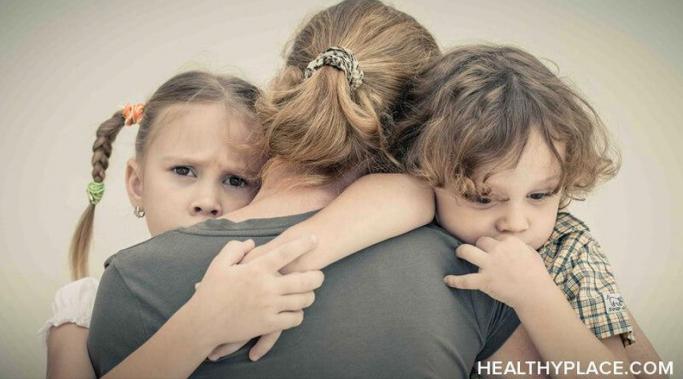Blogs
My name is Patricia. A few months shy of my 32nd birthday, I’m approaching the fifth year anniversary of my eating disorder recovery. While I consider myself recovered from bulimia, this milestone has been occupying my thoughts in recent months. One recurring theme involves asking myself what does it actually mean to be “in recovery” from bulimia and when do you actually become “recovered”?
To say I was in a foul mood was an understatement. I'd been escorted by the police to the Midtown Community Mental Health Center's Crisis Invtervention Unit (CIU). I'd been waiting for a few hours to talk to a therapist, which is annoying even when psychiatric symptoms haven't flared up. But I was in for a surprise.
When you get to be my age you start asking yourself questions like, “What time is it?” and “What am I doing in Tijuana?” and “Where are my teeth?”
If you are about to celebrate a birthday, (if celebrate is the right word), you may be tempted to gaze across the seemingly endless succession of impulsive decisions, high-speed car chases down cul-de-sacs, and manic spending sprees littering the ravages of what you generously describe as “your life” and wonder how you managed to squander the cornucopia of opportunities strewn at your feet as a child.
Or not.
Stigma can affect us all in a myriad of ways.
But stigma can be most harmful if it keeps someone from seeking out proper treatment that could provide them with the emotional well-being that they have sought for so long.
Last week, I wrote about the costs of drug addiction. This week, I’d like to focus on the rewards of addiction recovery. For many active addicts, their drug of choice is kind of like their best friend. The drug addict and the drug have this kind of love-hate relationship often seen in the best and worst of partnerships. So it’s no wonder that when the addict tries to let go of the drug there is often a great deal of difficulty.
I write a lot about depression and bipolar disorder in this blog. I also write other serious mental illnesses. Despite this, I don't believe I devote enough time---enough words---to other mental illnesses.
Counting Down: Five Mental Health Disorders Not Given Enough Attention
Let's hold off the discussion of Level 2 hyperactivity until I make a brief note of clarification. I am not saying that the four levels of ADHD hyperactivity are the be all and end all of adult ADHD. They are merely levels that happen when one enters the hyperactive state. I know some folks experience no hyperactivity as adults and if they do, they might experience more inside the brain hyperactivity, rather than bouncing off the walls. In the future, I plan on doing some posts about inattentiveness and other facets of Adult ADHD. I just so happen to be going through a hyper-cycle myself and writing about it is what struck my fancy.
Let’s say you are a Mom, just diagnosed with breast cancer. After the shock wears off, you get on the phone and quickly connect to a network of knowledge given you by friends and friends of friends. You get names of doctors, surgeons, hospitals; you learn about treatment options. Friends and family visit; out-of-towners send cards and flowers. People you hardly know stop by to deliver meals. You are supported by friends and family; confident in your health care choices.
- Or:
Let’s say you are a mom, and your 19 year old daughter is asked to take a leave of absence from college.
Recently I have been taking a mindfulness meditation course. This is pretty amazing seeing as I’ve always felt my brain was not still enough to meditate – not to mention, I’m pretty sure I don’t believe in all this new age stuff (although, technically, meditation is very, very old age stuff).
But I went anyway because mindfulness meditation has been shown to be beneficial for all sorts of mental illnesses (not surprisingly, particularly anxiety) and I try to be open to anything that may help-plus, bonus, no side effects.
And one of the things I had heard is that when you meditate you need to not think. Your mind is supposed to go blank. You become absent of thought.
But this turns out to be false.
Waste comes on all forms. Plastics, bodily wastes, and characteristics like empathy for others. Yeah, I know, we don't usually consider a good quality in ourselves as a waste - but in some cases, empathy is a waste of energy. When you're in an abusive relationship, your loving empathy for your abuser is a definitely a waste of your energy.








![MC900438747[1]](/sites/default/files/styles/blog_listing/public/uploads/2013/04/MC9004387471.jpg?itok=emzSW1IQ)
